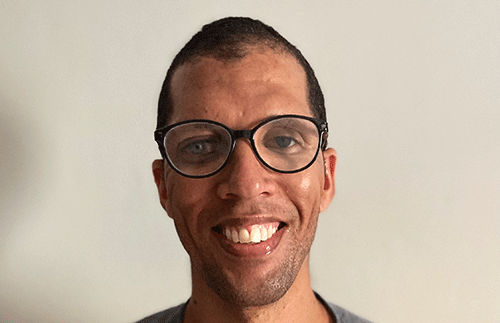Alex Gomachab
Most of us will remember the scourge of the Covid-19 pandemic, the bane that left us scouring for shelter from the pervasive social and economic impacts it produced.
While we were trying to make sense of social distancing, isolation and quarantines, we were introduced to an understanding of what our fear and worry actually meant and what this fear was called.
Concepts relating to and describing mental health were discussed on a daily basis, there were many “aha” moments that stemmed from realising that feeling anxious after hearing challenging news or feeling depressed after being laid off from work were normal responses to life experiences.
Covid-19 amplified the need to put in proper mechanisms to improve our mental health and deal with mental health challenges. According to the WHO, in the pre-pandemic era, 970 million people were suffering from any mental health condition or substance abuse disorder at any time, stats produced by the WHO further show that one person dies from suicide every 40 seconds globally – with Namibia rating among the top nations with deaths by suicide.
While mental health has been an intrinsic component of being human, humanity only awakened to the importance of mental health after the 1980s spurred on by another pandemic. The fear and uncertainty produced by the emergence of HIV/AIDS left humanity in a frenzy, a phenomenon mirrored more than three decades later by Covid-19.
It is unfortunately not only the uncertainties that were reawakened by the Covid-19 outbreak, but it also showed that just like in the 1980s, we still lack the emotional language and capacity to deal with the direct and indirect effects of pandemics.
Even with a plethora of information about mental health available on the internet, people’s perceptions of mental health still stem from myths and disinformation not supported by scientific evidence.
These longstanding myths have manufactured false assumptions like equating mental health to mental illness – a common belief among many Namibians.
These assumptions block pathways and platforms for open dialogue about mental health, dismantle progress made to improve mental health and further discourage help-seeking behaviour. While pandemics and chronic illnesses have accorded us an opportunity to reset and restart our lives and outlook – it has remained business as usual.
The 2021/2022 budgetary estimates provided by the minister of health in Parliament for primary psychosocial care stands at below 1% or an estimated N$20 million out of N$8 billion.
Suicide, particularly males who die from suicide in Namibia is rife, gender-based violence, substance abuse and other forms of maladaptive behaviours have become common forms of coping mechanisms, with anxiety and depression escalated by unemployment, poverty and hunger.
Prompt and cathartic action is needed to address the challenges produced by the assumptions and stigma surrounding mental health. Access to care professionals and evidence-based interventions are crucial to improve outcomes for patients as well as humanity, by increasing the budgetary allocation for primary psychosocial care services that mimic to an admirable degree the objectives of the WHO’s response mechanisms for mental health as highlighted in the WHO Comprehensive Mental Health Action Plan should be a priority.
*Alex Gomachab is a mental health advocate, a marketing graduate, and a student at the University of Namibia. He is passionate about Wellness and Healing, an online mental health awareness that aims to debunk stigma and improve help seeking behaviour. Alex is also a #BeFree Ambassador, another root of love that offers various medical and psychosocial support services to young people from the BeFree Youth Campus in Katutura. He can be reached at alex.gomachab@gmail.com or at 08124883


